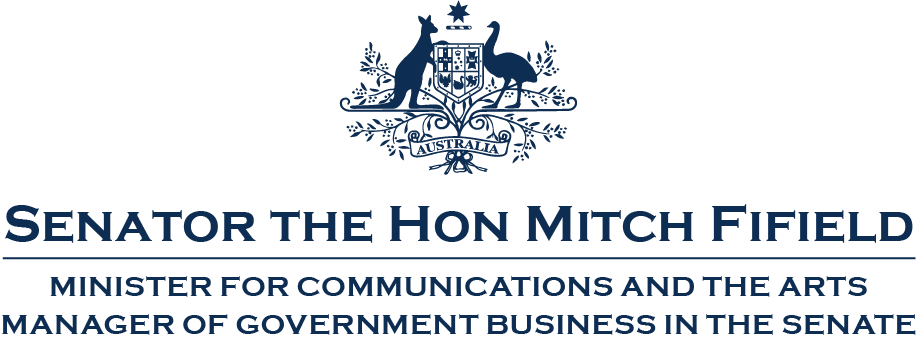5 December 2018
The Morrison Government has today provided assurance to regional and remote Australians about the Universal Service Guarantee (USG).
The development of the USG was announced by the Government in December 2017, following the Productivity Commission inquiry into the Universal Service Obligation, which found the existing contract should be “replaced by a new framework to reflect changing policy, market and technological realities”.
The USO is a longstanding consumer protection that ensures all Australians have reasonable access to fixed voice and payphone services. The Government has committed to a program of work to implement a new USG, which will ensure all Australians have access to voice and broadband services, regardless of where they live.
Over the past 12 months the Government has examined the feasibility and cost implications of different approaches to USG and today released a report summarising this work.
The research shows that while savings could be made in the delivery of voice services using new technologies in rural and remote areas, moving away from the existing copper and wireless networks in nbn’s fixed wireless and satellite areas, at this time, would create concerns for rural and remote customers and counter‑balance costs for NBN Co.
The report also concludes that there is scope for some careful examination of payphone locations given the strong uptake of mobile services. The Government will undertake further work in this area, while continuing to work with consumers and industry on ways to improve the USG over time. Telstra payphones that service Indigenous communities and those outside mobile coverage would generally be quarantined.
Following this extensive analysis and consultation, the Government has decided the USG will retain the current USO arrangements, which use Telstra copper and wireless networks in rural and remote Australia for the provision of voice services in nbn fixed wireless and satellite areas. There will continue to be a strong focus on service reliability through the management of the USO contract.
Minister for Communications Mitch Fifield said the arrangements will provide certainty for Australians, particularly people in rural and remote areas.
“We have listened to regional Australians and heard the importance of maintaining existing copper and wireless networks for fixed voice calls in nbn’s fixed wireless and satellite areas. I thank everyone who took the time to provide their views on this critical issue.”
“We will not make changes that affect regional Australians until there are robust and proven alternatives to the existing USO.”
The Government will deliver the broadband component of the USG via the National Broadband Network (NBN). The Government has prioritised the rollout of the NBN to homes and businesses in rural and remote areas. Over 98 per cent of premises outside major urban areas can now order an NBN service or have construction underway.
The report summarising the work on the USG is available on the Department of Communications and the Arts website.
Background:
Telstra currently provides around 600,000 voice services in nbn’s fixed wireless and satellite footprint under the USO contract, primarily over the copper network but also using wireless networks like the High Capacity Radio Concentrator (HCRC) and Next G Wireless Link (NGWL) systems.
The Coalition Government is delivering improved communications for regional Australians through:
- Improved Sky Muster offerings: NBN Co Limited (NBN Co) recently announced the development of a new Sky Muster Plus product which will give consumers access to an unmetered monthly data allowance for web-browsing, email and software updates from 2019. NBN Co is also consulting closely with regional stakeholders to develop targeted Sky Muster services for regional education and health facilities. In 2017, NBN Co doubled maximum monthly wholesale data limits and increased peak download allowances by 50 per cent for Sky Muster services.
- Improved mobile coverage: Rural and remote Australians are benefiting from improved mobile coverage through the Government’s $220 million Mobile Black Spot Program, which has already delivered 631 base stations across the country and will address more than 5,000 of the 10,000 community nominated blackspots.
- Strengthened consumer safeguards: The Government is now consulting on new arrangements to improve the reliability of telecommunications services through the Consumer Safeguards Review.

